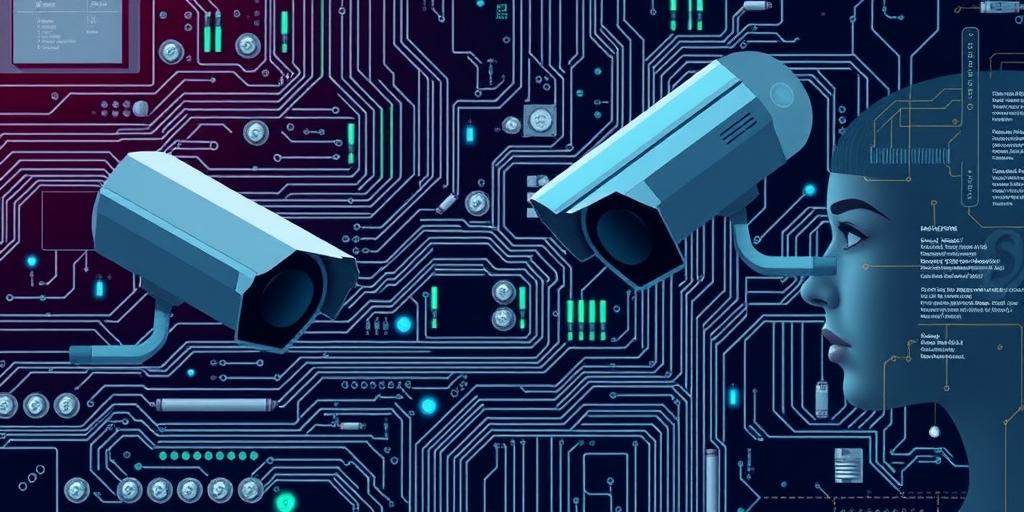The Ethics of Surveillance Technology
Surveillance technology has become increasingly prevalent in modern society. From CCTV cameras in public spaces to data collection by online platforms, these technologies offer numerous benefits, such as enhanced security and improved efficiency. However, their use also raises significant ethical concerns that must be carefully considered.
What is Surveillance Technology?
Surveillance technology encompasses a wide range of tools and techniques used to monitor and collect data about individuals or groups. These include:
- Video Surveillance: CCTV cameras, body cameras, and drones.
- Data Analytics: Algorithms that analyze large datasets to identify patterns and predict behavior.
- Biometric Technologies: Facial recognition, fingerprint scanning, and voice recognition.
- Location Tracking: GPS tracking, mobile phone tracking, and RFID tags.
- Internet Monitoring: Tracking online activity, social media monitoring, and email surveillance.
Benefits of Surveillance Technology
Surveillance technologies offer several potential benefits:
- Enhanced Security: Surveillance can deter crime, assist in law enforcement, and improve public safety. For example, CCTV cameras can help identify suspects and provide evidence in criminal investigations.
- Improved Efficiency: Data analytics can optimize traffic flow, improve resource allocation, and enhance business operations. For instance, retailers use data analytics to understand customer behavior and personalize marketing efforts.
- Public Health Monitoring: Surveillance can track the spread of infectious diseases, monitor environmental conditions, and improve healthcare delivery. During the COVID-19 pandemic, surveillance technologies were used to track and contain the virus.
Ethical Concerns
Despite its potential benefits, surveillance technology raises several ethical concerns:
- Privacy Violations: The collection and storage of personal data can infringe on individuals' privacy rights. Constant monitoring can create a chilling effect, discouraging people from exercising their freedom of expression and association.
- Discrimination and Bias: Algorithms used in surveillance technologies can perpetuate and amplify existing biases, leading to discriminatory outcomes. For example, facial recognition systems have been shown to be less accurate for people of color, leading to misidentification and wrongful accusations.
- Lack of Transparency and Accountability: Many surveillance technologies operate in secret, without public oversight or accountability. This lack of transparency can erode trust and make it difficult to challenge abuses of power.
- Erosion of Civil Liberties: The widespread use of surveillance can normalize the idea that individuals are constantly being watched, leading to a gradual erosion of civil liberties and democratic values. Governments may use surveillance to suppress dissent and control populations.
Balancing Benefits and Risks
To ensure that surveillance technology is used ethically, it is essential to strike a balance between its potential benefits and the risks it poses to privacy, civil liberties, and social justice. This requires:
- Strong Legal Frameworks: Laws and regulations that protect privacy rights, limit the scope of surveillance, and provide for transparency and accountability.
- Ethical Guidelines: Codes of conduct for developers, deployers, and users of surveillance technologies that promote responsible innovation and use.
- Public Oversight: Independent oversight bodies that monitor the use of surveillance technologies and investigate complaints of abuse.
- Education and Awareness: Public education campaigns to raise awareness about the ethical implications of surveillance and empower individuals to protect their rights.
Conclusion
Surveillance technology offers significant potential benefits, but it also poses serious ethical challenges. By carefully considering these challenges and implementing appropriate safeguards, we can harness the power of surveillance to improve security and efficiency while protecting privacy, civil liberties, and social justice.









